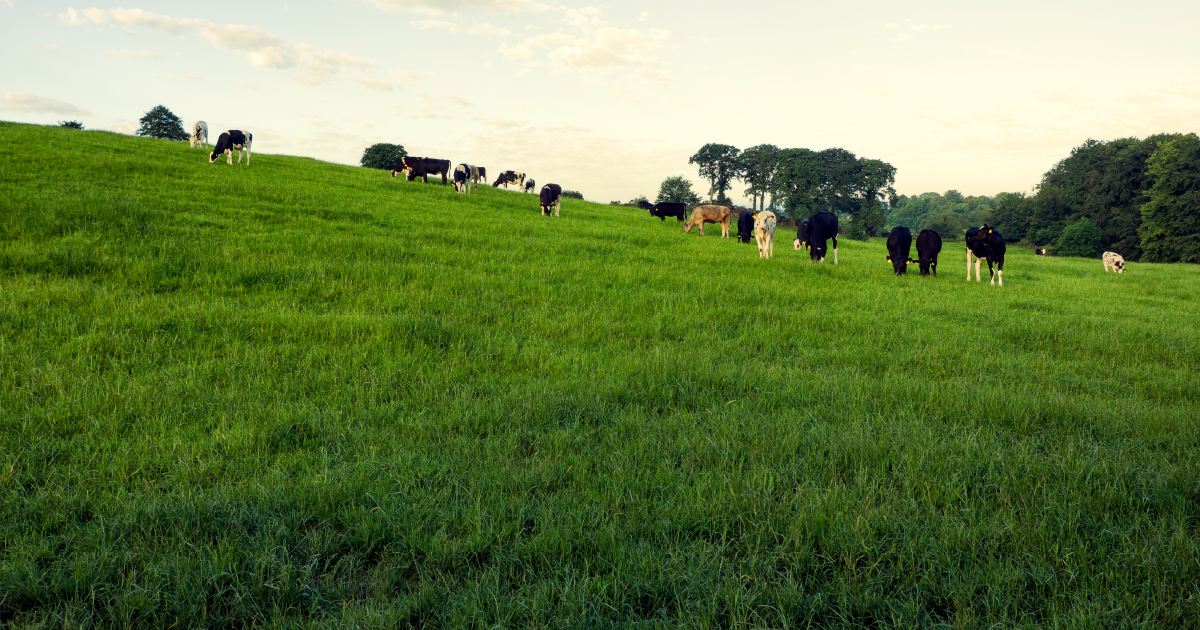Worming Ewes at Lambing
- 18 Mar 2019
- 0 Comments

During late pregnancy a ewe’s immune system becomes weakened, therefore the worm burden that is usually kept subdued can flourish and an increased number of worm eggs can be released onto the pasture. This is referred to as ‘peri-parturient rise’ or spring rise. This increased contamination can threaten the lambs grazed on this pasture throughout the season. Multiple factors can affect when the spring rise will occur, including; lambing date, age of ewes, litter size, nutrition, and condition. Nutrition in the lead up to lambing can be particularly important as protein is essential for the immune system. Faecal egg counts (FECs) are the best way to identify when the spring rise will occur.
What are the restrictions?
The majority of a farm's worm population are found inside the ewes at lambing time, this means that worming at this point is at risk of selecting for resistance. As only resistant worms will survive, only resistant worm eggs will contaminate the pasture.
What is the solution?
To avoid selecting for resistance:
- Do not treat all your ewes.
- Select if possible 10% of each group to leave untreated, these ewes should be under the least pressure i.e. older ewes and have a good body condition score.
- Do not use the same anthelmintic group year on year
- Avoid using long acting wormers (Moxidectin) if turning to low risk fields and late in the spring rise (e.g. post lambing / turnout)
- Timing— use FEC to help determine when or if needed.
When to use your FECPAKG2 system?
- Start testing either at housing or 3/4 weeks pre lambing (e.g. with clostridial vaccination)
- If FEC count is low, test again at lambing (FECs can increase even if they housed). Decide if turnout dose needed.
- Test all groups/mobs separately; ewes with multiples / thinner / younger ewes are at more risk of an increased worm burden.
- The ewe’s full immunity to worms should return 8 to 10 weeks post lambing. Continue to monitor your ewes up to this point and treat if necessary.
- Don’t forget to start FECs for your lambs!
- Avoid treating more than once during the spring rise if possible.
- Getting the timing right is more difficult for outdoor lambing flocks.
- Some clients have found only about 40% of ewes needed worming at all and the timing has changed significantly!










